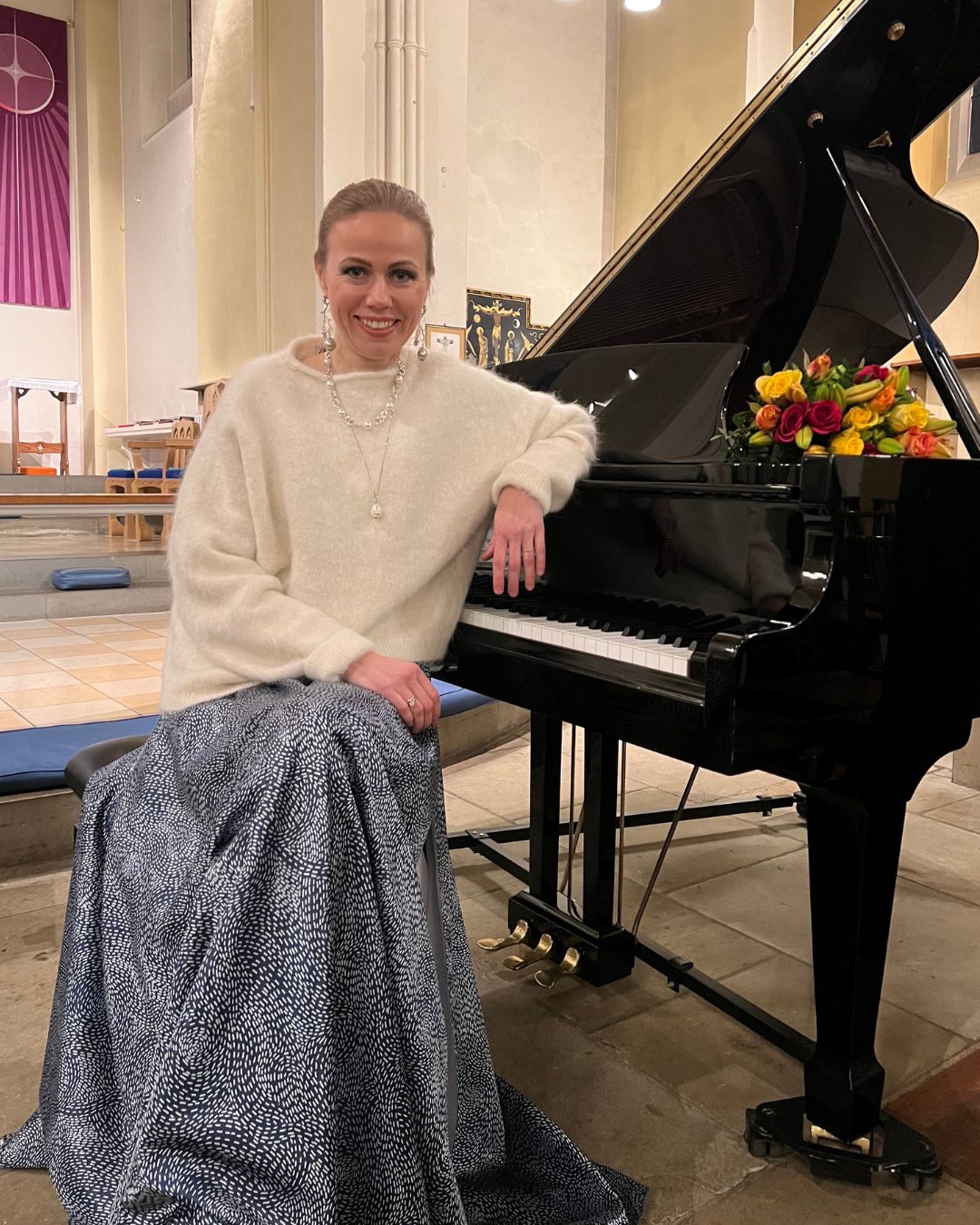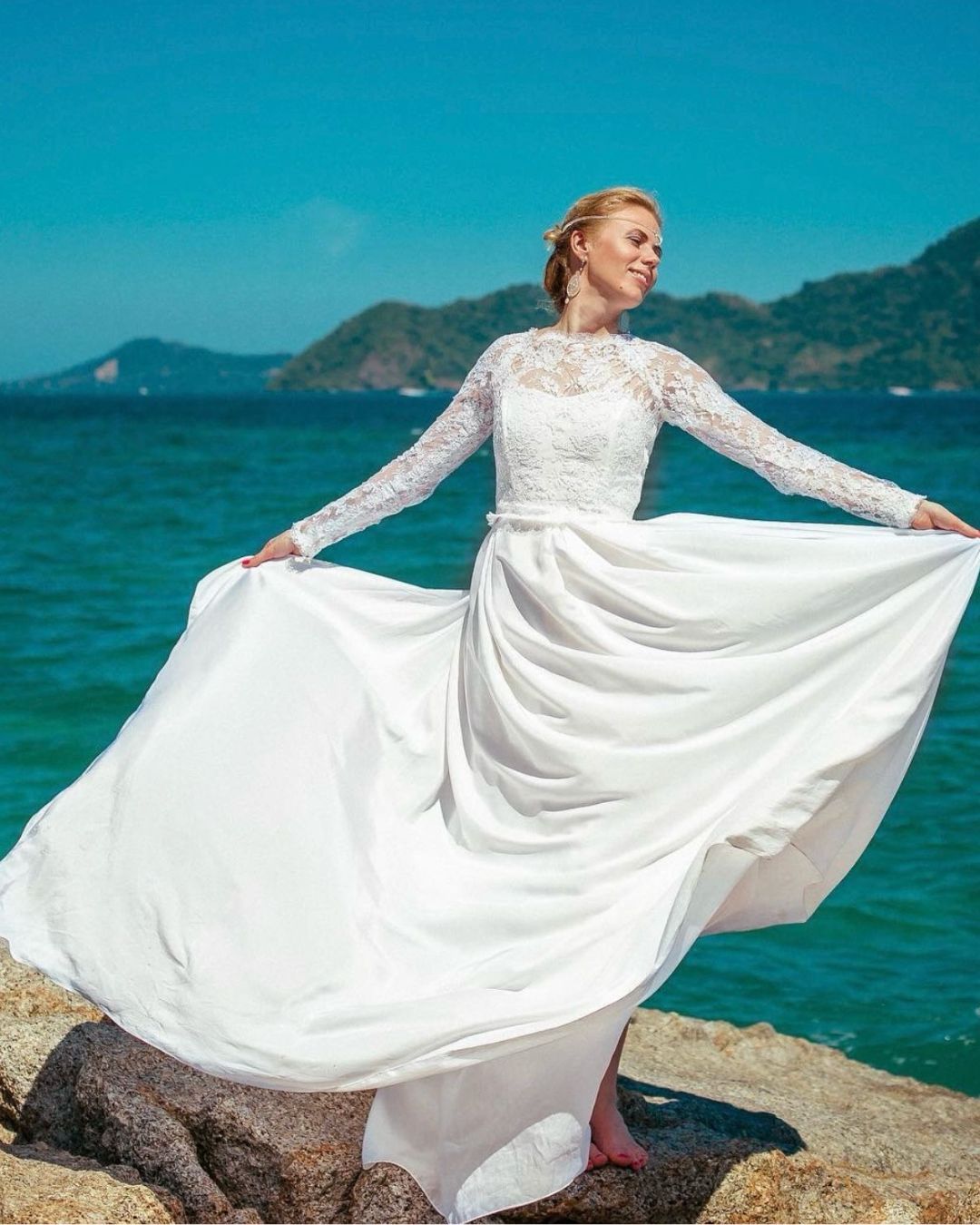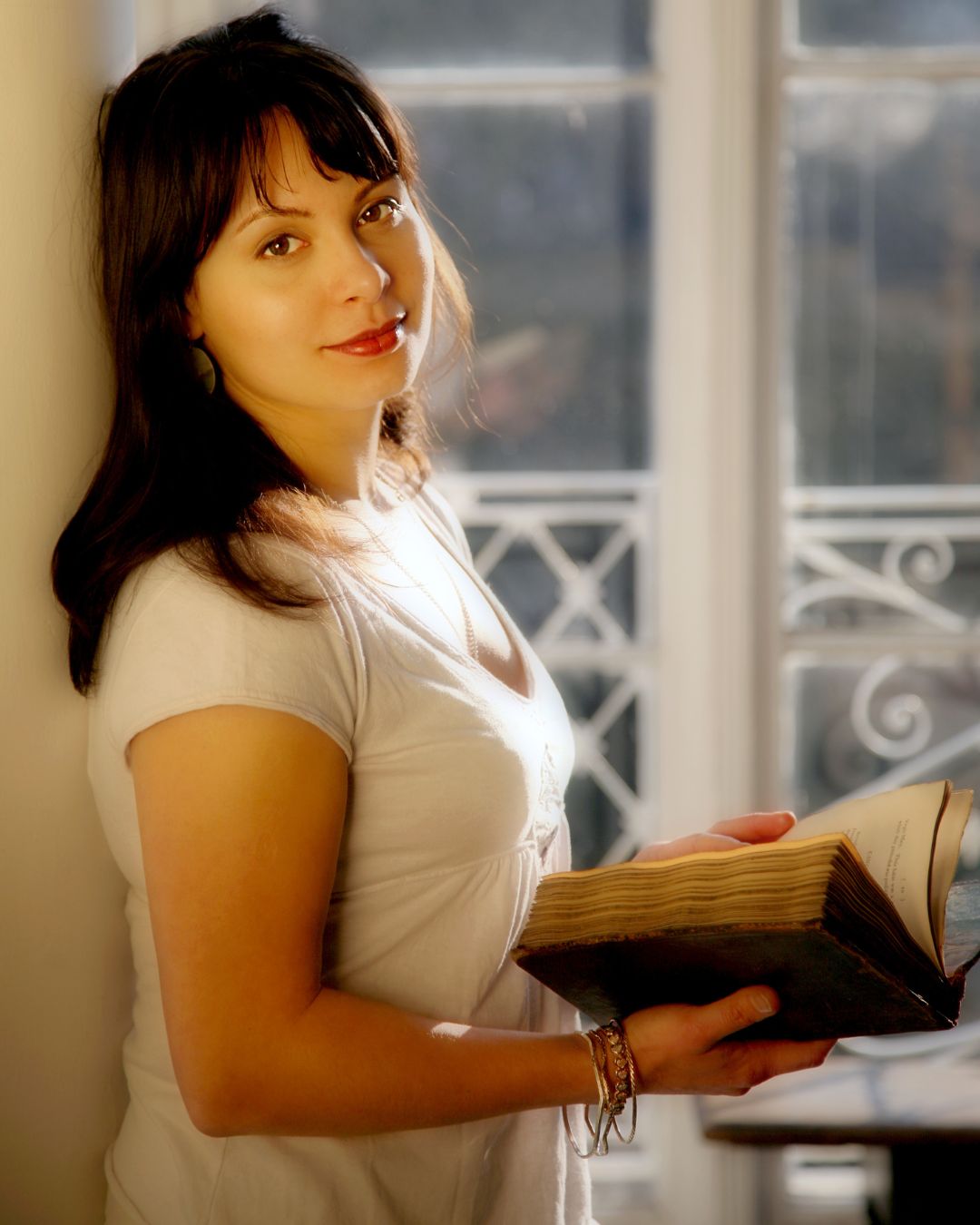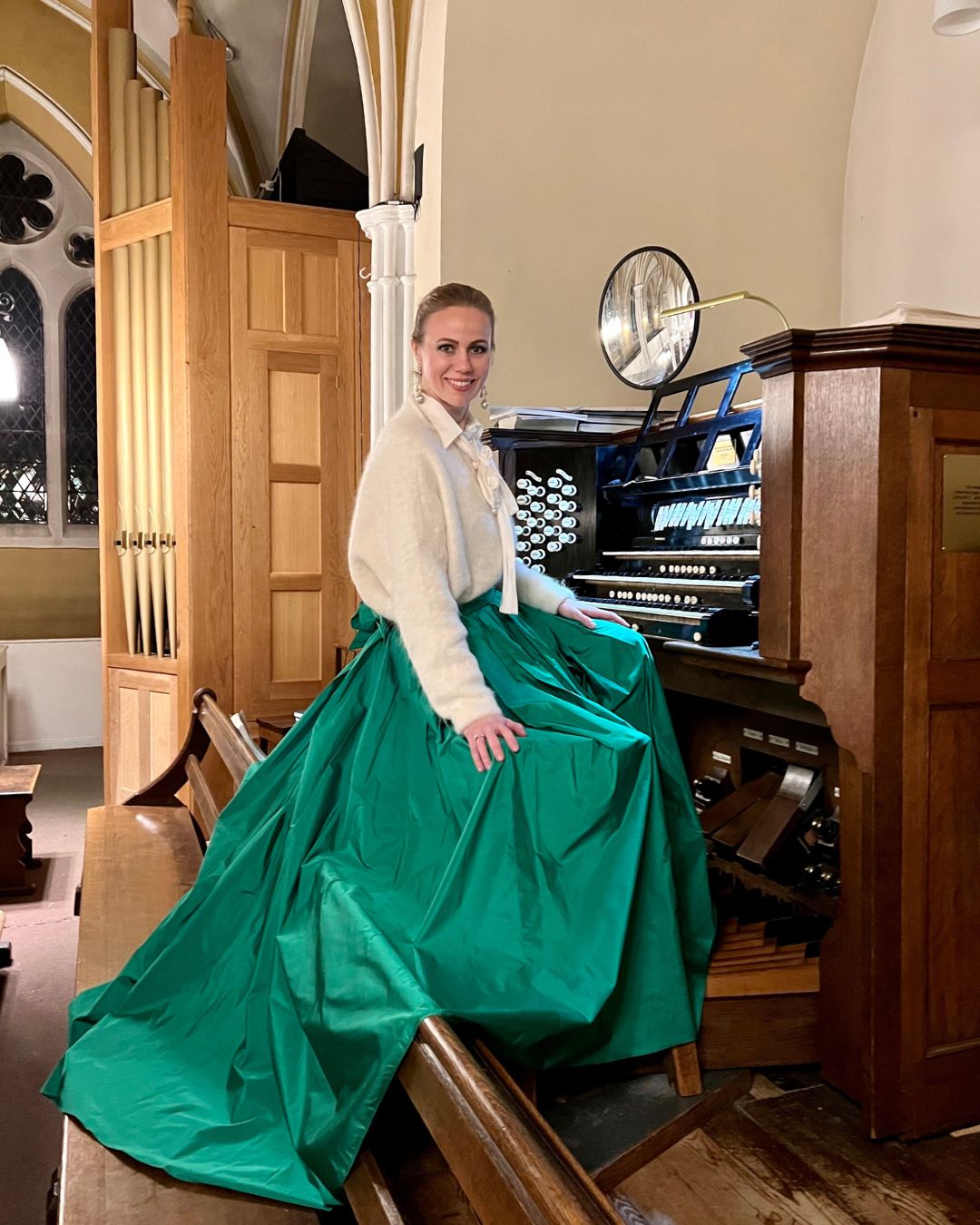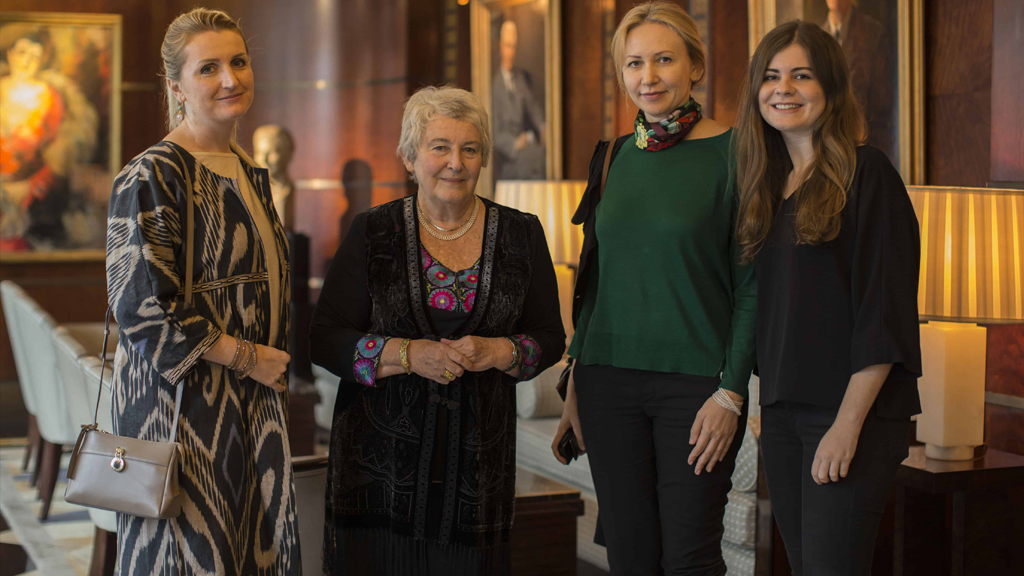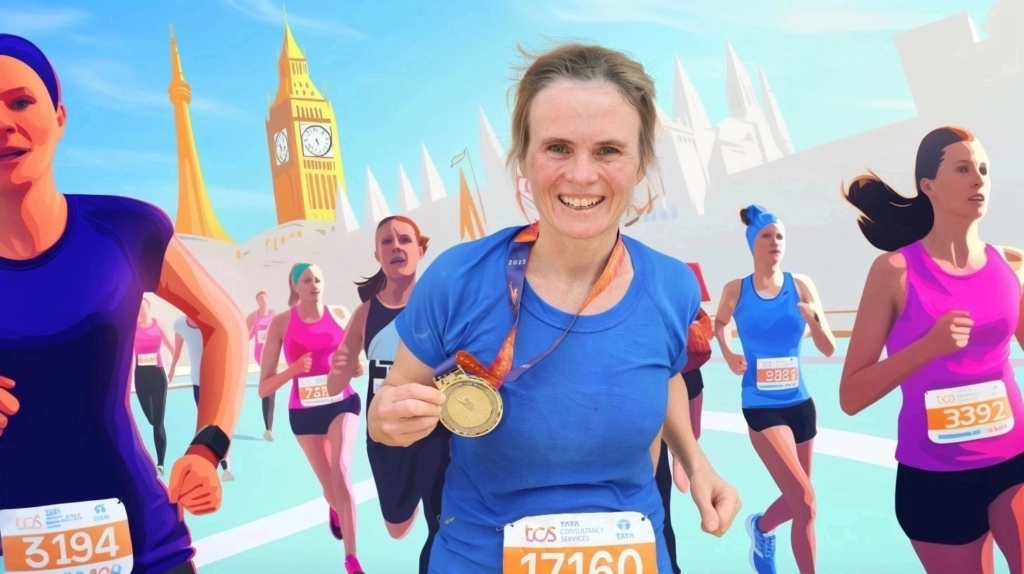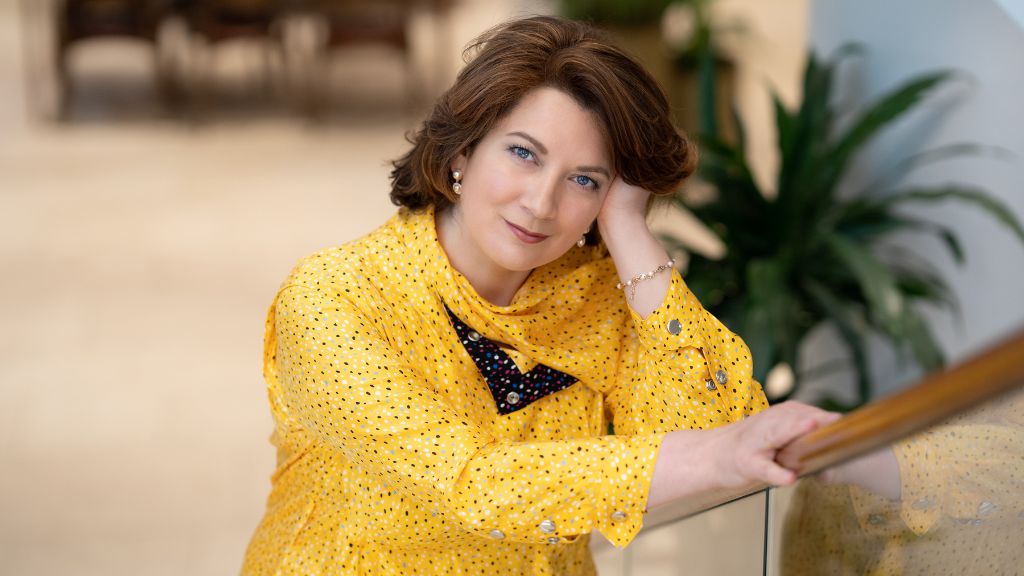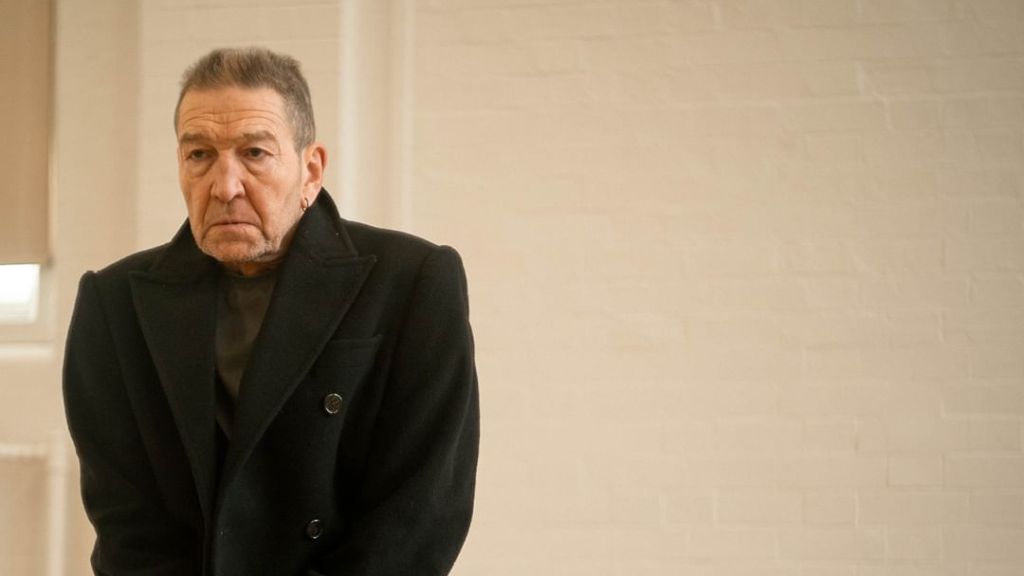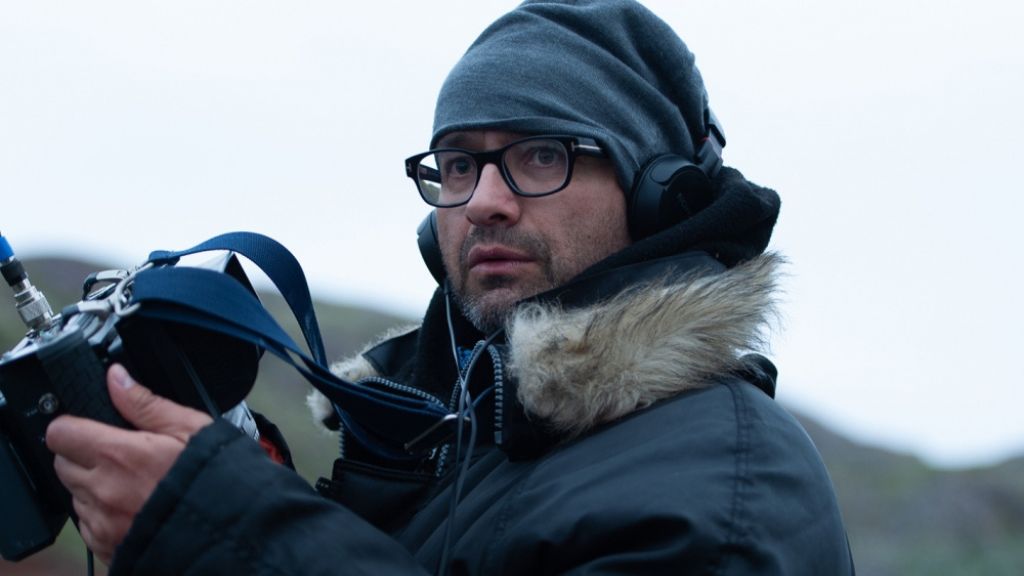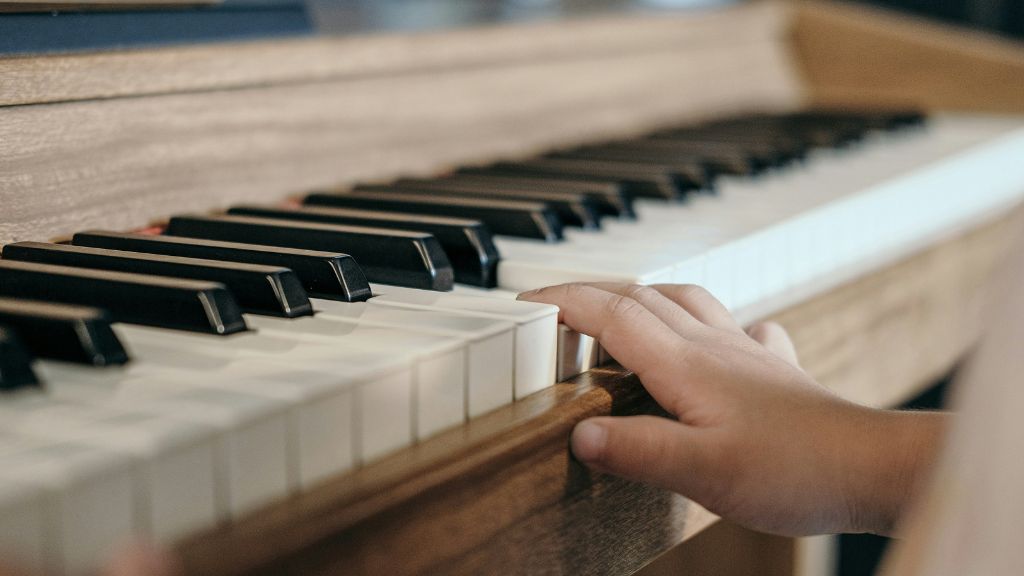
“Sing in Your Soul!”: London’s SoNote project on the healing power of music
Music has been our companion from the earliest years of life, starting with the lullabies sung to us before sleep. It can fill us with joy, support us in tough times, and transform performers into true magicians. These wonderful feelings await the audience at the “Soul of Spring” concert, taking place in London on March 10th. Maria Danishvar (soprano) and Irina Davidova (pianist) will present to the audience their favourite arias from operas and operettas by greats like Mozart, Puccini, Bizet, as well as works by Tchaikovsky, Rachmaninoff, and songs by the famous Édith Piaf. Afisha.London magazine spoke with the concert organizers from SoNote Production and the performers about London’s musical atmosphere, teaching music to children, and the healing power of art.
The SoNote Production team was formed just a year ago when the idea of the project struck cellist Alexandra Somova and her friend, a finance specialist in a major company and master of sports in rhythmic gymnastics, Irina Shutova. They were inspired by the talent of cellist Denis Shapovalov, leading to the organization of their first event at Leighton House.
— What is the mission of your project?
— Our task is not only to organize concerts. SoNote aims to give viewers and listeners true pleasure from interacting with the world of art, allowing them to escape from everyday worries. We want people to immerse themselves in the world of music and poetry, experiencing the joy of beauty created by talented performers. In anticipation of the “Soul of Spring” concert, we held a children’s drawing competition “Step into the Future in 2224.” Participants presented their visions of life on Earth in two centuries, and the winners got the opportunity to invite their mothers to the concert in honour of Mother’s Day. The winners’ names will be announced on March 10th on the stage of the Marylebone Theatre.
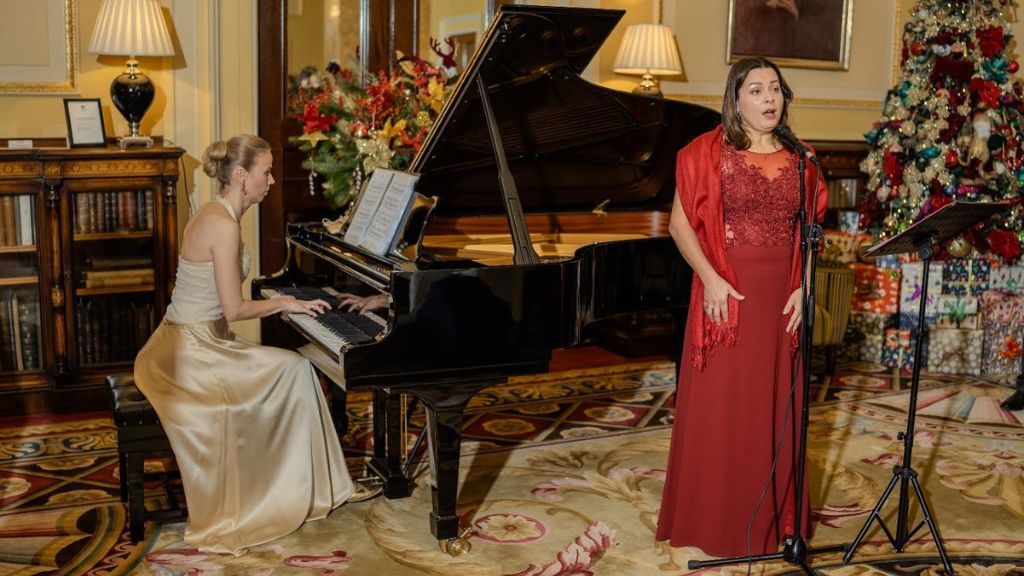
Photo: SoNote production
— What projects have you implemented and what are you working on now?
— Our first event was a chamber concert at Leighton House, dedicated to the 150th anniversary of Sergei Rachmaninoff, where cellist Denis Shapovalov performed, accompanied by pianist Caroline Hlipsch. The autumn inspired us to combine poetry and music, leading to collaboration with poetess Maria Chamberlain and harpist Alina Bzhezhinska. The inspiration from International Women’s Day and Mother’s Day motivated us to organize a family spring concert. Our plans are ambitious, and among the next projects is a unique combination of rock and classical music.
Our editorial team at Afisha.London spoke with the direct participants of the upcoming “Soul of Spring” concert — Maria Danishvar and Irina Davydova, who not only share their talent on stage but also pass on knowledge to the new generation.
— Maria, Irina, you both teach children, with a background in music education from the Soviet system. Do you incorporate anything from it for your students? Is it true that the approach to music education in Great Britain is softer?
Maria Danishvar: Teaching vocals is a very delicate matter that requires a significant amount of time and effort from both the teacher and the student. In the Russian system, there is a clear division by voice types: dramatic, lyric, coloratura, etc., and one is supposed to sing only what suits their voice type. In Great Britain, there isn’t such a strict definition and separation of voice types. People study what they like and what speaks to their heart: most of my students want to study musical theatre and excel in pop music. I assist them by focusing on breathing techniques to ensure they support their sound correctly without straining their vocal cords. When someone comes to learn singing, they reveal their most intimate asset — their voice. I always strive to inspire and support my students, but I also work to help them rid themselves of bad vocal habits.
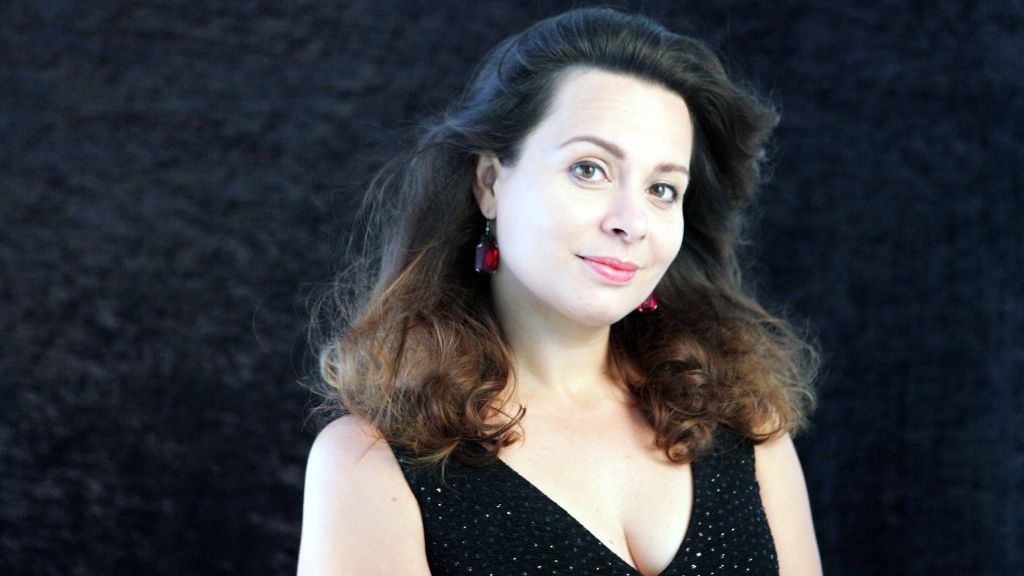
Photo: Maria Danishvar
Irina Davydova: I combine various teaching methods for piano lessons. The cornerstone of my approach is the Soviet system, the foundation of knowledge and skills taught to me by my exceptional teachers. However, it’s essential to keep up with the times and apply different approaches to keep lessons engaging for the child. We cannot ignore the rapid development of technology, including apps that help children learn notes more quickly — I recommend these to my students as practice at home.
In Great Britain and Europe in general, the approach to teaching is softer; criticism of students, making too many remarks, is not customary, and praise is often encouraged. However, such an approach may not always yield serious results. I take an individual approach to each student, considering many factors and striving to make lessons as comfortable as possible to achieve outcomes.
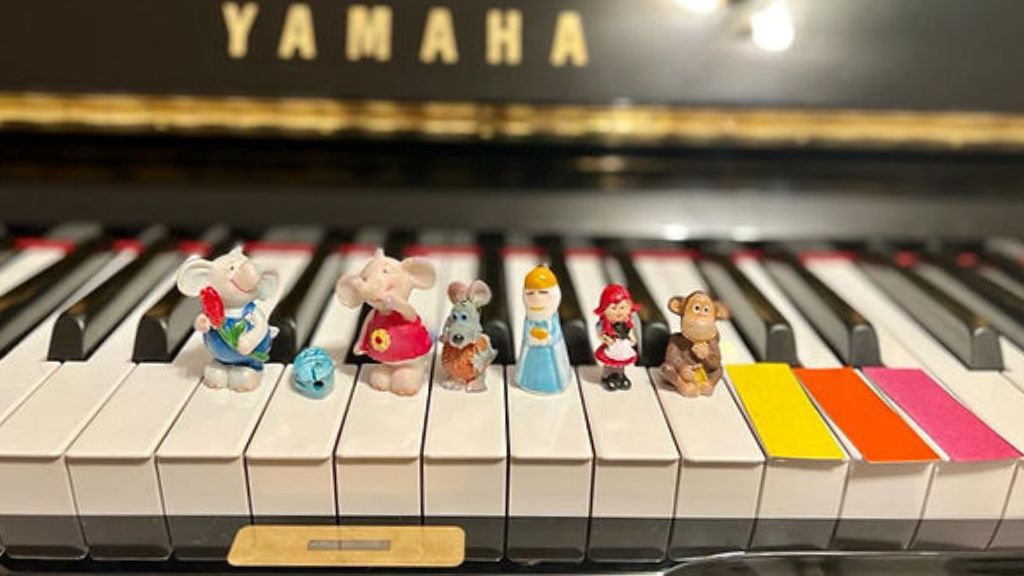
Photo: Irina Davydova
— Is the current generation of children easier or harder to teach in music? Are there issues with children having developed a clip thinking mentality, making it hard for them to focus on something for an extended period?
Maria Danishvar: Yes, this is a problem for all parents now. On one hand, all information is accessible; on the other, the quality of attention and targeted work on studying compositions is deteriorating, not only among children but also among adult musicians. What can help? Lead children to create, to draw, create with them, encourage them to read books and do things with their hands. Most importantly, we must put our phones away and learn to engage in creative activity without expecting immediate effects. Taking children to concerts and into nature without gadgets is beneficial. We need to relearn how to contemplate the clouds overhead and the swaying branches of trees, rather than taking selfies with them.
Irina Davydova: A serious problem with children now is their difficulty maintaining attention throughout the entire lesson. They are practically born with gadgets in their hands and tire quickly due to being accustomed to frequent changes in visuals. This requires creativity to devise ways to make lessons more diverse and effective. I try to practice technical skills in a playful manner, not focusing the student’s attention on the fact that we are working on a very important issue.
From my experience, children are greatly motivated by participating in concerts, festivals, competitions, and public performances, as well as by the example of a teacher who performs themselves and organizes concerts with their students, which I strive to do.
Read more: “Icons of Ballet”: The Iconic Concert Returns to London in March 2024
— In your opinion, how much of a musical city is London? What places inspire you here?
Maria Danishvar: London is an exceptionally musical city. There’s always an opportunity to attend a top-tier musical, and beyond opera, London hosts a vast number of beautiful oratorio concerts. St George’s Church holds an annual Handel Festival where the best singers of baroque music compete, not to mention Wigmore Hall, which hosts numerous concerts, offering tickets for just 5 pounds for the youth under 35! Professional choirs and exquisite chamber orchestras regularly perform at St Martin-in-the-Fields, where candlelit concerts are popular.
Irina Davydova: I would say London is the cultural capital of Europe. There are countless concerts, numerous outstanding artists and musicians perform here, and there are excellent music education institutions — all of which shape the tastes of young musicians. The most inspiring concert venue is undoubtedly the Royal Opera House.
- Photo: Irina Davydova
- Photo: Irina Davydova
— These are challenging times, and people need self-help tools. How can music help? Heal?
Maria Danishvar: Listen to good, beautiful music, and most importantly — sing in your soul. When your soul learns to sing, there will be no room for anxious or depressive thoughts. Music reflects our emotional state, and playing an instrument immerses us in another, focused world aimed at divine harmony. Thus, engaging with music nurtures and feeds our soul.
From my life and singing experience — connect with our traditional culture, learn songs in your native language and those sung by your ancestors from generation to generation. My mother is from Ukraine, and my father is from Afghanistan. For many years, I was indifferent to both musical traditions, but lately, I’ve started to explore and perform Ukrainian, Afghan, and Persian traditional songs. It feels like I’m enriching my soul more and more and becoming truly myself.
Irina Davydova: I’m convinced that music makes us better, kinder, more responsive. It’s like a best friend: if you’re feeling down, it will always come to the rescue; if you’re happy, it will share that feeling too. When I’m in a bad mood, I sit at the piano, play my favourite pieces, and within ten minutes, I’m a different person: refreshed and understanding that everything happening to us is just temporary worldly hustle that will eventually end, and we will face eternity. It’s no coincidence that there’s a whole science called “music therapy.” And by the way, scientists have long determined that Mozart’s music is the most healing.
— Have there been any funny stories over your years of stage experience?
Irina Davydova: Once during a concert, I got so carried away with my playing that I snapped a string (laughs).
There was also a time when I had a dress custom-made for a performance, and the entire bodice was held up by a single strap around my neck, which the seamstress hadn’t secured very well. So, during the performance, right at the climax, as I reached for a high note, the dress stretched, and the strap came undone. It looked like a special, well-planned effect for the final chord!
Read more: Yehudi Menuhin in London: prodigy, violinist and goodwill ambassador
— Could you tell us more about the concert in London on March 10th? What makes the program special?
Irina Davydova: In a single concert, we will blend popular music from various epochs — from Baroque to 20th-century modern music — creating a musical bridge from Viennese classics to Russian ones, ending the concert with popular music from musicals and songs by the great Edith Piaf.
Maria Danishvar: Normally, to experience these famous arias live, one would need to purchase many different tickets for concerts and several operas. We are preparing many of the gems of opera art, songs from operettas, and musical theatre.
- Photo: Maria Danishvar
- Photo: Irina Davydova
The “Soul of Spring” concert will take place at the Marylebone Theatre on March 10th, right on Mother’s Day. It will be opened by talented children who have passed the music audition by submitting their videos by March 3rd. A ticket to the concert of Maria Danishvar and Irina Davydova makes a perfect gift for International Women’s Day — details and tickets can be found via the link.
Cover photo: Insung Yoon / Unsplash
Read more:
Exploring Malevich: Locations and Insights into His Revolutionary Art
Antonio Canova’s ‘Three Graces’: Crafting a Neoclassical Masterpiece
SUBSCRIBE
Receive our digest once a week with quality Russian events and articles



